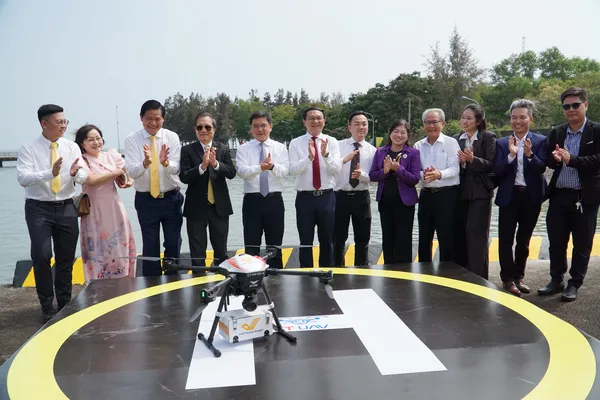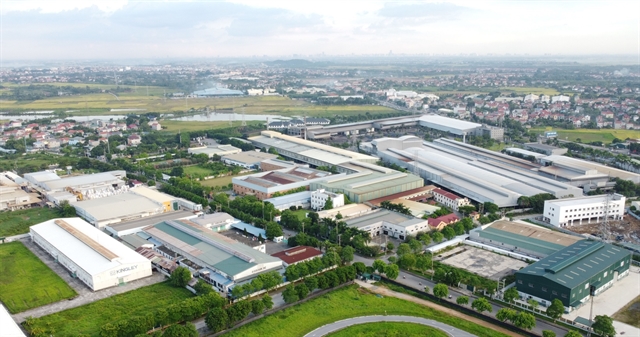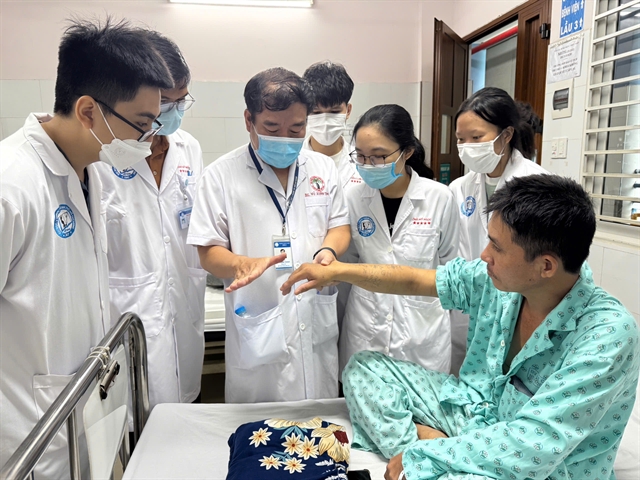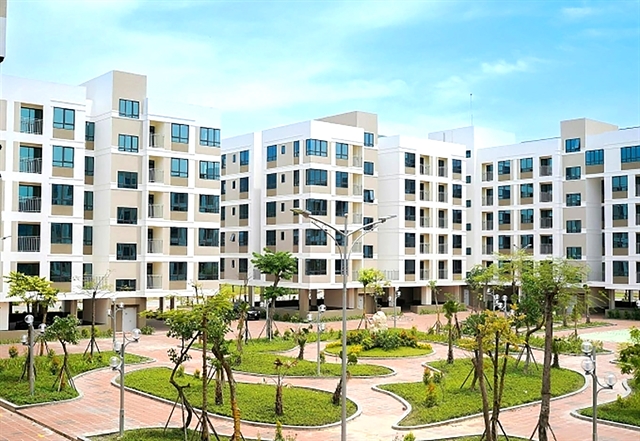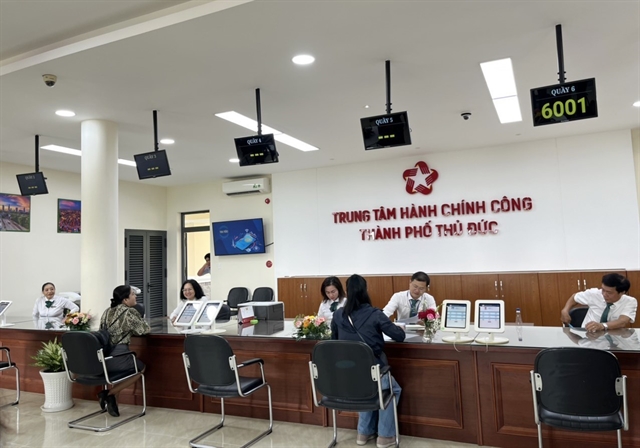 Politics & Law
Politics & Law

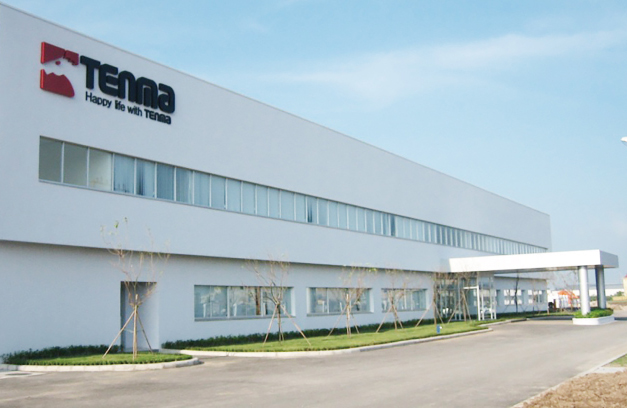
|
| Tenma Việt Nam in Quế Võ Industrial Zone in Bắc Ninh Province. — Photo tenmacorp.co.jp |
HÀ NỘI — Minister of Finance Đinh Tiến Dũng has requested an urgent investigation into alleged bribery of Vietnamese officials by Tenma Việt Nam - a subsidiary of Japan’s plastic product maker Tenma Corporation.
A document from the ministry issued late Monday said the minister requested the Director-General of Việt Nam Taxation and the Director-General of the Việt Nam Customs report on recent allegations in Japanese media about bribes paid by Tenma Việt Nam Company to the tune of US$232,000 to avoid paying corporate and value-added tax.
The report must be available before Tuesday.
At the same time, Dũng assigned the Ministry Inspectorate to immediately set up an inspection team to inspect the Tax Department and the Customs Department in northern Bắc Ninh Province, where Tenma Việt Nam is located.
On the sidelines of the National Assembly meeting on Monday afternoon, Dũng told the press this was an important issue related to the business investment environment as well as prevention of corruption.
“The inspection results will be announced publicly and clearly," he said.
Tenma Việt Nam was established in 2007 in Bắc Ninh Province with charter capital of $35 million, fully contributed by the parent corporation in Japan. The company specialises in manufacturing and trading of plastic moulding components and plastic moulds. Tenma Corporation is a Japanese company that was founded in 1949. According to its annual stock report, Tenma's sales in 2018 were JPY84.8 billion with 7,557 employees worldwide.
The case of Tenma Việt Nam came into the spotlight when Japanese media including Asahi Shimbun newspaper reported that the Vietnamese subsidiary gave a bribe of JPY25 million ($232,000) to Vietnamese customs officials.
According to Asahi Shimbun, the Tokyo-based Tenma Corporation confessed the case to the Tokyo District Prosecutor. Tenma Corporation reportedly took the initiative to set up a third-party committee to investigate the violation. Bribing foreign governments is a prohibited practice in Japan.
According to a report from the committee, in June 2017, Tenma Việt Nam in Bắc Ninh received a notice of the collection of value-added tax with imported raw materials up to about VNĐ400 billion ($17.8 million). Leaders of Tenma Việt Nam proposed to the head office about bribing the local customs authorities for the exemption of these expenses.
Receiving approval from the president of the parent company Kento Fujino, Tenma Việt Nam reportedly paid VNĐ2 billion ($88,900) in cash to the local Customs Department's investigating leader, according to the report.
In addition, a local tax audit in August last year found some of Tenma Việt Nam's revenues were not eligible for tax incentives. Therefore, local authorities reportedly asked the company to pay an additional VNĐ17.8 billion of corporate tax. Tenma Việt Nam was alleged to have spent VNĐ3 billion to reduce this fee to about VNĐ567 million ($25,200) including fines.
According to Asahi's sources, the Tenma headquarters voluntarily handed over the results of its own investigation to the Tokyo District Court on April 1. The company is still refusing to give an interview with Asahi newspaper.
In a related development, Ngô Xuân Tòng, Director of Bắc Ninh Tax Department, told Tuổi Trẻ (Youth) newspaper that the allegation that Bắc Ninh tax officials received money from Tenma Việt Nam was a unilateral report from Japanese media.
“The company's chief accountant confirmed that there was no such expense,” he said.
Tòng said the provincial Tax Department had reviewed all related records, and subsequently, the provincial People's Committee also assigned the Bắc Ninh Police Department to investigate and clarify the case.
The case is under investigation. — VNS

